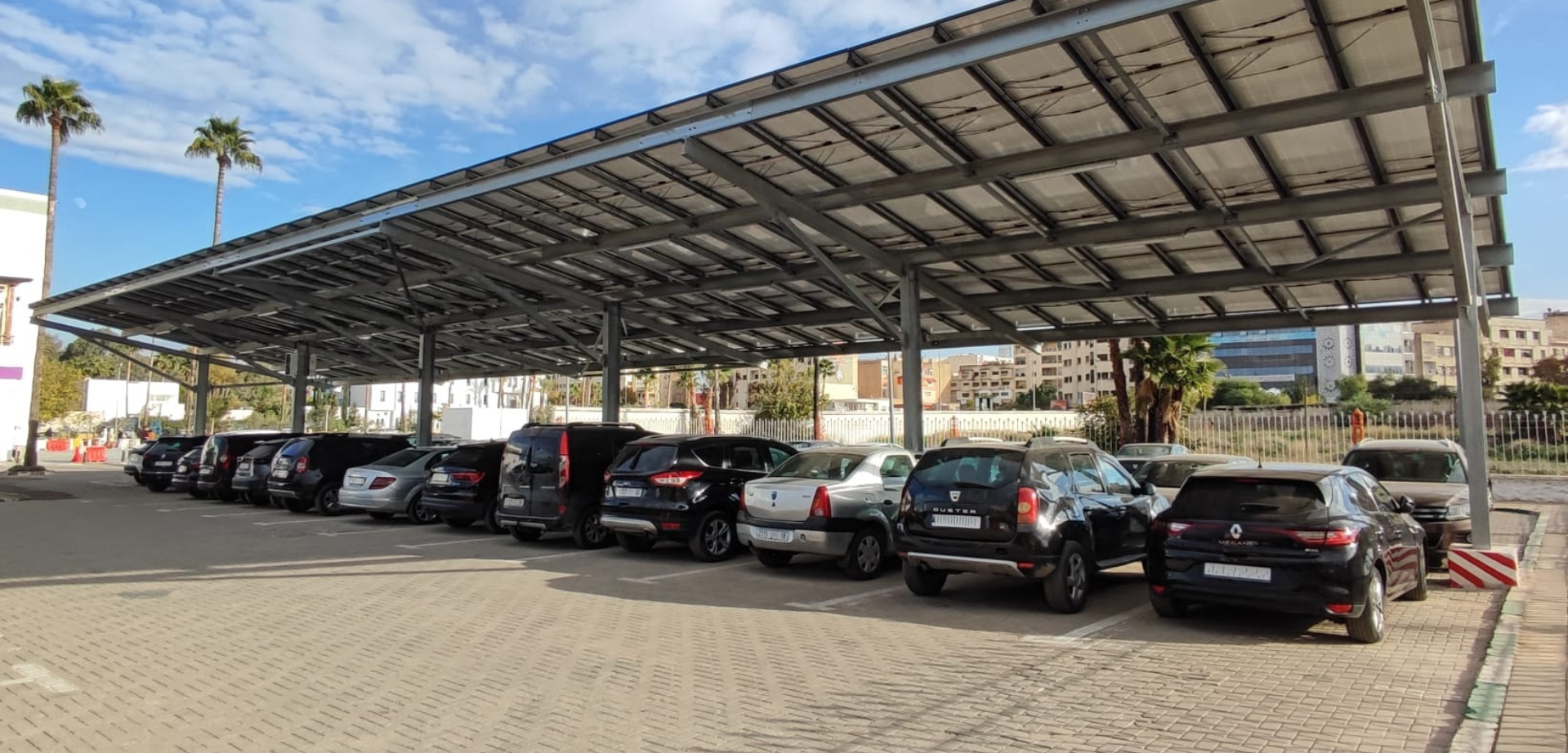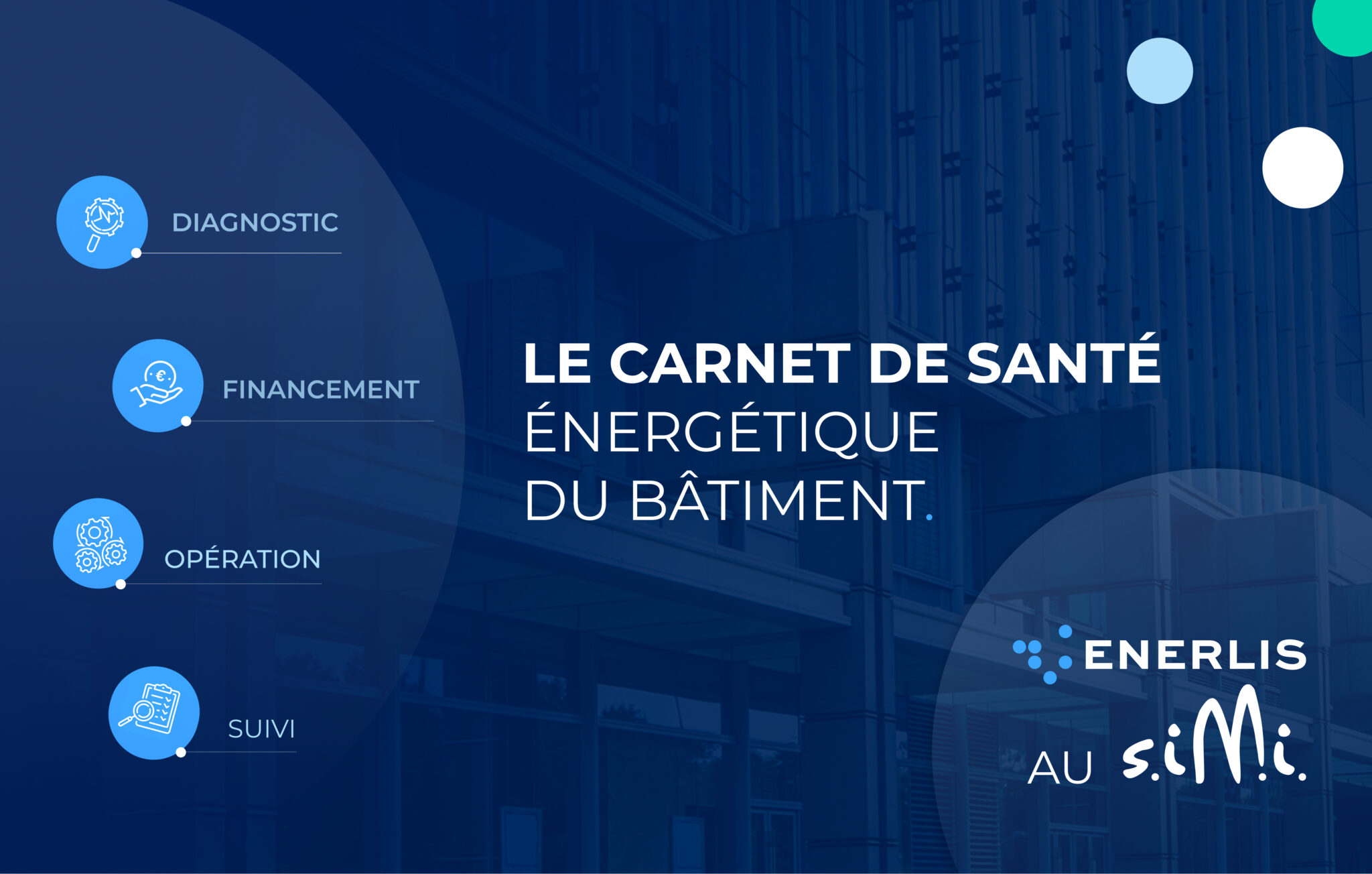Retour à la page "Nos actualités"
Massifier le recours aux énergies renouvelables
Le 13 octobre 2020
« Première université de rentrée d’Enerlis, les bailleurs sociaux en première ligne de la transition énergétique », la journée de webinaires organisée par Enerlis s’est tenue le 22 septembre 2020.
Enerlis a mobilisé son réseau et ses équipes autour d’un événement de réflexion et de débat sur l’actualité du moment à savoir la relance économique et la transition énergétique. Au total, 22 intervenants ont échangé et donné leur point de vue autour de 4 thèmes majeurs : la contractualisation, les financements, les énergies renouvelables et les dernières innovations aux services des bailleurs sociaux.
COMPTE-RENDU ATELIER 3 :
Massifier le recours aux énergies renouvelables : le solaire en autoconsommation collective, l’hydrogène…
Cette relance verte passe certes par la rénovation énergétique des bâtiments mais également par la mise en place des énergies renouvelables. Les bailleurs sociaux doivent franchir une étape supplémentaire dans la performance énergétique, en massifiant le recours aux énergies renouvelables.
Marie-Noëlle Lienemann, présidente des Coop’HLM estime que « le mouvement HLM doit être capable de franchir une étape supplémentaire dans la performance énergétique, en massifiant le recours aux énergies renouvelables. La question des énergies renouvelables est encore à la marge de nos solutions. La 1ère raison est que, pendant un moment, beaucoup d’expériences n’ont pas fonctionné, notamment des expériences de géothermies. La 2ème est qu’il est nécessaire de concevoir une stratégie des énergies renouvelables globales ».
Pour ce faire, il faudrait recenser dans les plans de patrimoine des bailleurs toutes les opportunités de développement de solutions EnR dans les résidences et faire de cette démarche un automatisme, afin de pouvoir évaluer les solutions les plus pertinentes et être pro-actifs.
« Le sujet est d’accéder à une énergie décarbonée au prix le plus bas possible. Cela nécessite un lien constant avec les territoires, qui nous garantit un accès durable et financièrement abordable aux ressources » précise-t-elle.
La géothermie, le chauffage à l’hydrogène, l’énergie solaire ou encore l’autoconsommation collective, … autant de procédés et de solutions qui peuvent inscrire durablement les acteurs du monde HLM dans les trajectoires territoriales, dans lesquelles ils soient moteurs ou accompagnants, mais en tout cas acteurs de la transition.
Elle estime enfin que « les problèmes de financement ne sont pas le 1e obstacle à la massification du recours aux EnR par les bailleurs sociaux. Il y a d’abord un obstacle de métier, un obstacle culturel, d’absence de mobilisation convergente d’acteurs. »
La géothermie, le chauffage à l’hydrogène, l’énergie solaire ou encore l’autoconsommation collective, … autant de procédés et de solutions qui peuvent inscrire durablement les acteurs du monde HLM dans les trajectoires territoriales, dans lesquelles ils soient moteurs ou accompagnants, mais en tout cas acteurs de la transition.
Elle estime enfin que « les problèmes de financement ne sont pas le 1e obstacle à la massification du recours aux EnR par les bailleurs sociaux. Il y a d’abord un obstacle de métier, un obstacle culturel, d’absence de mobilisation convergente d’acteurs. »
Jean-Philippe Gendarme évoque le démarrage des expériences en matière d’hydrogène dans le chauffage : « Dans un contexte de réchauffement climatique accéléré, le caractère décarboné et hautement énergétique de l’hydrogène a un rôle essentiel dans l’alimentation des usages, et notamment celui du chauffage des bâtiments tertiaires et résidentiels. Il a également un rôle à jouer dans la stabilisation du réseau électrique, grâce au stockage des pics de production d’électricité renouvelable. De nouvelles solutions apparaissent dans le domaine du chauffage, comme les chaudières à compensation ou la pile à combustible. »
Christophe Courtois, directeur général de Tecsol, explicite ce qu’est l’autoconsommation collective… « Dans le logement social, des opportunités apparaissent pour échanger de l’énergie solaire au sein d’un bâtiment (autoconsommation collective restreinte) ou entre plusieurs bâtiments (autoconsommation collective étendue). »
« Le partage de l’électricité produite localement doit être réalisé au sein d’un groupement, une personne morale organisatrice, et transite par le réseau public d’électricité. »
Sa collaboratrice Alexandra Battle, apporte un éclairage juridique sur le sujet : « La loi Pacte a élargi le périmètre d’un projet d’autoconsommation collectivité à plusieurs postes de consommation, mais seulement sur le réseau basse tension, et a ajouté un critère de distance géographique ». Et « La loi Énergie et climat opère une distinction entre autoconsommation collective restreinte et étendue. Sur l’autoconsommation collective restreinte, les participants peuvent être raccordés en haute tension. Sur l’autoconsommation collective étendue, le périmètre et la puissance cumulée ont été fixé par arrêté. »
Il évoque l’initiative Sol Solidaire, association à but non lucratif dont Tecsol est un des mécènes principaux, soutenue par Enerlis : cette association a pour objet d’orienter des fonds privés vers le financement de projets solaires de production d’électricité dans le secteur résidentiel social. En clair, son objectif est de fournir gracieusement des kilowattheures solaires pour les ménages modestes, afin d’augmenter le reste à vivre de ces derniers.
Christophe Ribault, directeur technique de Pays d’Aix Habitat et Eric Martin, Business Manager Solaire Enerlis, présentent enfin ensemble un projet d’ombrière photovoltaïque développé ensemble à La Maillane : Enerlis a mis en place et financé une ombrière de 100 kWc et réalisé des travaux de calorifugeage, permettant de financer une seconde ombrière plus petite.
« L’autoconsommation solaire, telle que nous la pratiquons à l’heure actuelle sur le parc de Pays d’Aix Habitat Métropole, alimente les communs de 20 entrées pour 220 logements, nous sommes donc le seul client final. C’est assez simple. Nous ne redistribuons pas encore aux locataires, mais des projets sont en cours pour déployer des bornes de recharges sur le parc », précise Christophe Ribault.
Avec près de 300 participants, le webinar du mardi 22 septembre 2020 aura été un véritable succès de par son utilité, grâce à la qualité des intervenants et des échanges avec l’ensemble des élus, responsables et experts mobilisés.
Articles similaires

COMMUNIQUÉ DE PRESSE | Partenariat UFT x Enerlis
Nous sommes fiers d’annoncer notre partenariat majeur avec l’Union Foot de Touraine pour la saison 2025-2026. À travers cet engagement, nous ...
Voir la suite



